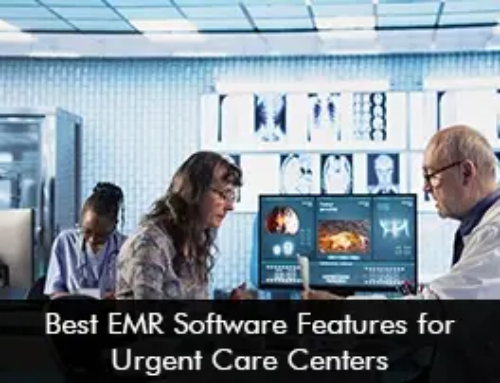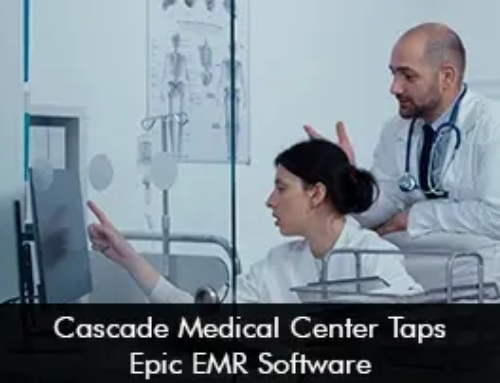Cybercrimes and ransomware attacks are on a rise due to the COVID-19 pandemic. A recent report by a cybersecurity firm revealed that there has been an overwhelming increase in healthcare data breaches and ransomware attacks in 2021. This means that your medical practice must be prepared for any circumstances by preparing in advance to prevent your system from getting hacked.
Preparing a client-server software system
If your healthcare organization has deployed a locally hosted or a client-server Electronic Medical Records (EMR) Software system then it is completely your responsibility to make sure that the software system is protected through the services of an in-house IT team or an outsourced IT team services. Here are a few things you can do to make sure you follow the necessary protocols and avoid healthcare hackers hit your practice.
- Weekly security updates need to be installed.
- Run scans regularly and keep security programs the latest.
- Pcs and laptops should only be used for work purposes to avoid any external viruses due to social media usage etc.
- Daily backups should be performed to protect important files and data.
- Your IT team must educate your staff members that emails are the major source of an attack. So members should avoid opening and clicking on attachments that seem doubtful.
- You need to have a security plan for your organization which should be communicated to everyone.
- Use strong passwords and inculcate your team members to always log out.
Preparing a cloud-based software system
Always select a HIPAA compliant cloud-based EMR Software system to protect sensitive patient data from healthcare data breaches and cyber-attacks. The remotely hosted servers should be located in a secured location. It is important that before implementing a cloud-based software system you get all the information regarding the vendor’s security policies and make sure the system is certified for meaningful use.
Further recommendations
Healthcare organizations should perform regular security check-ups and stay at the forefront to avoid the high costs associated with ransomware attacks. You should have a proactive approach when it comes to cybersecurity and all your team members should prioritize patient security and data encryption. The spike in healthcare data breaches since 2020 means that practices need a strong security framework to encrypt patient data in the best possible ways. It is also recommended that proper training to use PHI is conducted to reduce data breaches and employee errors associated with losing a device.








